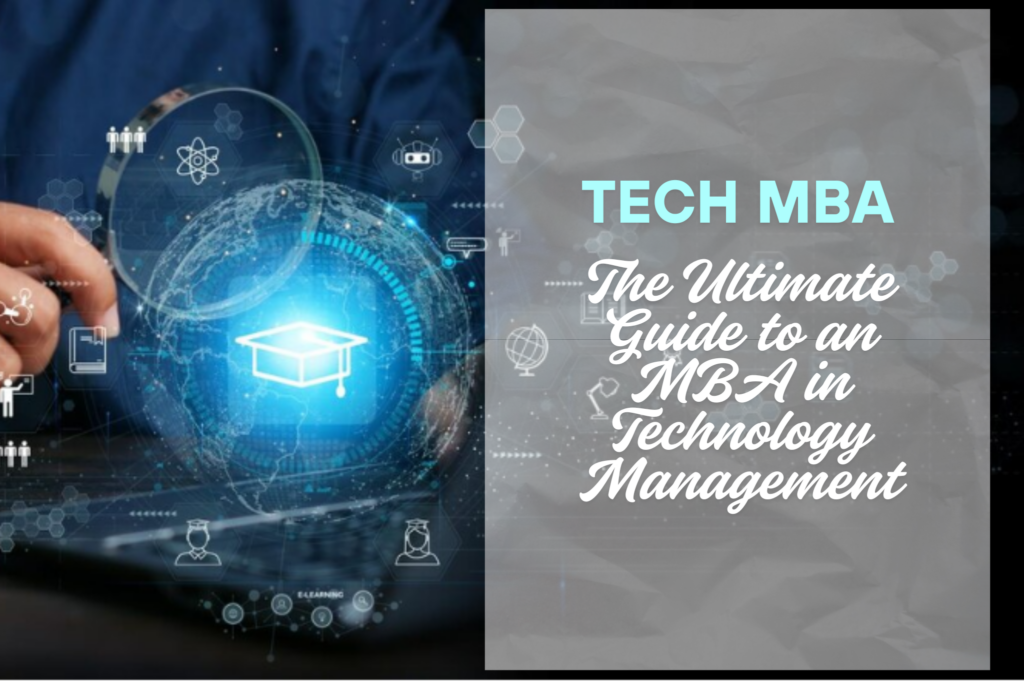The Data Yogi: Data Science = Empathy!?

This is one of the blogs that I have really enjoyed writing. The concept of empathy, not just in Data Science but life in general, has really been overlooked. I would consider empathy a skill rather than a talent.
I was very astonished to come across the Japanese concept of “sa-shi-su-se-so of flattery.” Japanese women are taught to use certain phrases to please men and potentially score a future husband. For example:
· Su: Sugoi! — Amazing! Awesome! Wow!
· Se: Sensu ii desu ne! — You have good taste!
· So: Sou nan da! — Really? I see! Is that so?
Not to promote sexism, but just to show an example of how empathy is viewed in another culture.
Yes, empathy is not to be taken lightly. Especially, in this era where humanity is in the ne plus ultra of developing super humans.
Coming to Data Science, how important is empathy in slicing, dicing & churning data?
“Putting yourself in customer’s shoes. If the model says call the customer twice a day, what would you do? Call and annoy him? Or use empathy? Would you like to receive what you propose to the customer? — Krishna Kumar CS, Chief Analytics Officer and Director, Rainman Consulting”
Here is the snippet of an interesting conversation that I had with Mr Krishna Kumar about empathy in Data Science.
KK: “Do unto your customers as you would want done unto you”
Me: “Jesus would have been an awesome Data Scientist”
KK: “Remember, he was also crucified”
Me: “True that, being empathetic isn’t easy. Especially in Data Science where you are torn between your model and your instinct”
Empathy need not mean weakness, as is widely taught these days. Here is a snippet from the widely watched series “Suits”:
Fact or Fiction? An intelligent blend of both?
A time has come to be wary of analysts who ignore the cultural ramifications of technology and present facts divorced of an emotional context. Need of the hour is to empathize with the user, understanding a problem’s wider factors in order to arrive at the best solution.
With projects ranging from spatial analytics, using sensors and cameras to help retailers read a room to optimize customer flow , to effective and emotional computing including designing interfaces that can respond to facial and vocal cues, blending of qualitative and quantitative is more in demand than ever.
“Humans are social beings and, to live in the society we need kindness and empathy. That’s what defines our culture and differentiates us from animals. Machines could be as smart as us in 10 to 20 years. If they are not empathetic humanity could face troubles. Machine Learning is a powerful weapon which needs to be handled with care. E.g.: using ML in building war machines, using analytics to find sensitive people and marketing those products which can make them addictive etc. — Shivaram KR, CEO, Curl Analytics “
There is a rising need for demystifying certain concepts. People hear about artificial intelligence and machine learning taking our jobs but no one is talking about the more tangible problems in the field that need to be solved, like how people can’t do the math they need to keep their jobs.
Speaking the language of the client rather than your own and being collaborative is something that only humans can do. Not even one Data Scientist has come out in the open and declared that machines can replace human intelligence completely someday. They are talking about humanizing technology.
Here are 3 reasons why technology needs to become more human:
Convenience: Consumers are affected by information overload. They want personalized, quick and easy access to the information or results that are relevant for their specific situation.
Simplification: Technology is supposed to reduce the complexity in our daily lives, which is partly caused by technology itself. Advancing technology will continue to become more human-oriented to help us to simplify, assess and filter.
Greater inclusion: The speed at which technology is advancing bears the risk of excluding less tech-savvy people from its benefits. For example, people who don’t know how to operate a search engine, smartphones or apps, will have difficulties to access information that may be relevant for them. Google is known for its focus on useful and human-friendly technologies. It uses a machine-learning artificial intelligence system called “RankBrain” and is constantly taking steps to refine its algorithms to interpret and understand the searches that people submit.
Human subjectivity is not poison It is the antidote.
Human judgment is not a contaminant that can be removed from data. Data empathy makes for better, smarter, more powerful data science.
Consider an example where the stakeholder don’t necessarily have the statistical know-how when it comes to dealing with data. More often than not, his decisions are driven by gut-feel based on what the data tells them. This is called data inspired decision making. These gut-feel about data can be correct or wrong. And the stakeholders learn from it, becoming experienced knowledge, or what economists call tacit knowledge.
Travis Kalanick faced serious gales when Uber introduced surge pricing. The controversial CEO’s move seemed sure to anger and alienate. He was called crazy. But Uber stuck to its guns and the laws of supply and demand, and modified its surge policy when appropriate. Alors! Dynamic pricing is now an accepted aspect of its business, and even companies like Disney are experimenting with the concept.
The average client may be daunted by the science, but he understands the stories.
Visualizations help a lot. Humans react to stories and pictures more than to numbers. Data storytelling is a beautiful blend of Data Analytics & effective communication.
We, at The Institute of Product Leadership are one of the pioneers to understand the importance of Empathy in Data Science. We have even designed our Data Science programs to align well to this concept. In fact we have an exclusive and immersive Data Science Skill Bootcamp dedicated to weaving wonderful stories from data with empathy towards client requirement.
We want to build a community of empathetic Data Science Professionals and will stop at nothing to make this happen.
Learn about best Data Science practices and much more




